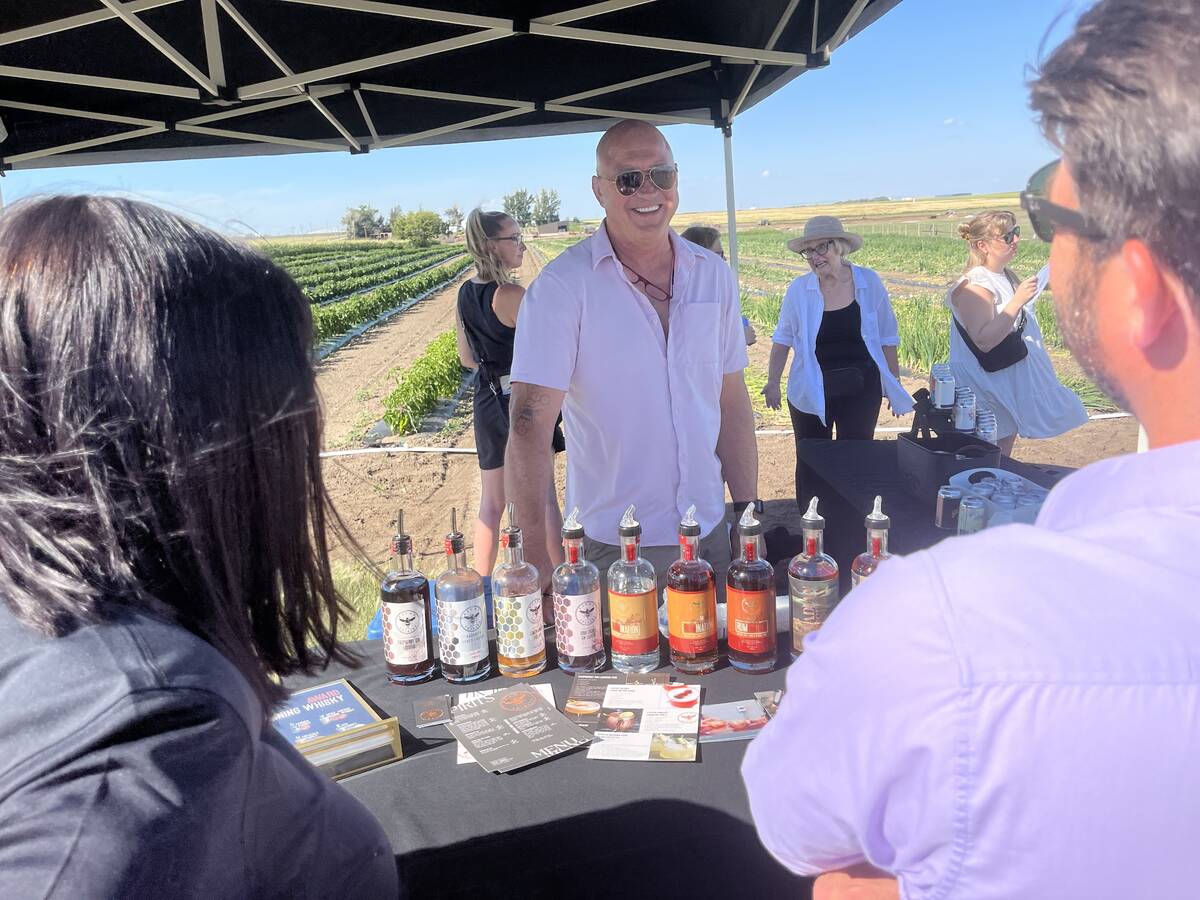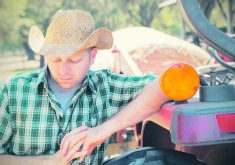Q: Our granddaughter will soon be discharged from a treatment program to help her overcome her addictions to drugs.
This is her second try at this treatment program. The first time she relapsed after only a few weeks.
What can we do to support her recovery?
A: My first suggestion to you is, don’t be scared. Don’t be afraid of either your granddaughter’s addictions or the drugs she has been using to feed it. You can talk to her openly about her drug experience and, without nagging, encourage her to continue at home some of the strategies for success she picked up when she was on site in her treatment program.
Read Also

From farmer to award-winning distiller
Pivot Spirits showcases transition from farmer to distiller with provincial award-winning results in Alberta for Lars Hirch
In fact, the more open you and she can be about this, the better are her chances for recovery once she is back home.
Your granddaughter will have been given a stack of strategies both from the residential treatment program in which she is presently residing and from the various narcotics support groups that she is going to find in the community to encourage her sobriety once she is back home.
They know the mechanics of recovery much better than you. Let them do their thing.
Your task is to help your granddaughter know and understand the overall benefits that her recovery from her addictions can bring her. She needs a purpose.
For many addicts, it is not enough to say that it is good for them to stop using their drugs. They already know that. The slippery slope for some of them is the search for meaning that makes their lives worthwhile.
For many addicts that search for purpose in their lives starts and stops at home. They are reconnecting to their children, mending broken fences with their moms and dads, brothers and sisters and reaching out to grandparents.
A huge number of former addicts find purpose by helping others who are also struggling with addictions. Still others return to work, doing their jobs better than they have done before and being ever so much more responsible either on the tractor or in the office.
Of course, the search for meaning does not have to be that big. It can be as simple as a cup of coffee early in the morning, watching the sun pop up over the deck in the backyard, a daily walk, or a friendly smile to neighbours. All of it counts.
A recovering addict once said that her rehab was built around three “p’s”.
The first “p” is passion, believing in yourself, believing in the net worth of others around you and believing in some kind of a spiritual thread that connects you to the nature of things.
The second “p” is power. Sometimes we forget how much energy and simply hard work it takes to become and to be an addict. All of that scheming and planning to get a hit of the latest drug, to try to hide the addiction from those who care and to somehow get the finances to pay for the addiction is exhausting. If the recovering addict can take that same energy and use it for his or her treatment, he or she would be off to a great start to getting over this thing.
The third “p” is the purpose to which I have already alluded. What is life going to look like without the addiction? How is it going to be more meaningful? If you can talk to your granddaughter about that, about what is going to become her reason for being, or her purpose, you will be bringing to her more possibilities for success than you or she will ever fully understand.
Jacklin Andrews is a family counsellor from Saskatchewan. Contact: jandrews@producer.com.















